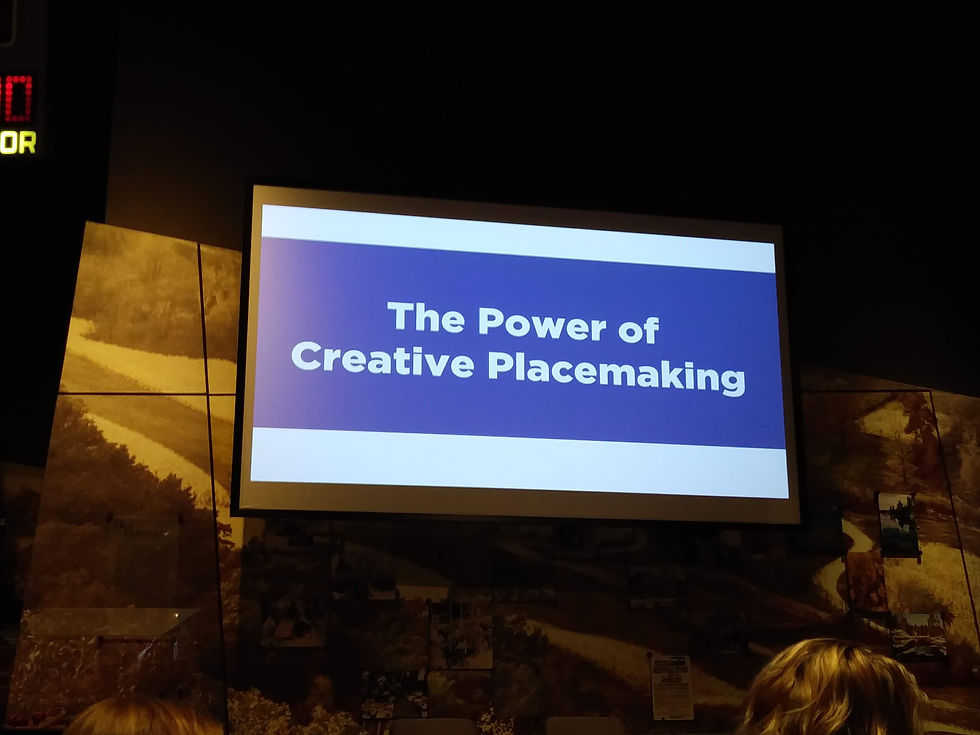Eco District Summit
- Nov 7, 2018
- 2 min read
Earlier in October, I headed to Minneapolis - St. Paul for the Eco Districts Summit to explore how district-scale innovation can help us address some of the most critical issues facing city-makers today.

The conference brought people to the forefront of sustainability, stressing that,"... important though 'environmental' aspects of sustainability are. A truly sustainable society is one where wider questions of social needs and welfare, and economic opportunity are integrally related to environmental limits imposed by supporting ecosystems." Because when it comes down to it, it's really not about the infrastructure itself (although still very important), it's about the life that takes on a space after the infrastructure is there.
Imagine living in a city that made you feel at home simply by design. Where a mix of cultures felt inspired to come together to share their stories of triumph and shame, of pain and pride, regardless of their background, age, sex or abilities. This, as stated by many at the summit, is the key to creating more vibrant communities here on Vancouver Island.
But the question arose - "What does belonging look like when none of your culture is displayed on public lands? How can you and your people feel like you belong?"

The prevailing answer is through art.
Art and creativity, even if only temporary, can help us ask different questions and find different solutions to our problems. Art can empower people to come together and use it as an outlet, humanizing our experiences to help heal and connect us. Many examples were given that better-connected people are happier, less lonely, more productive and have greater success.
So what does this all mean for FED? Moving forward, we are thinking about what we can do at the design stage (really every stage) so that equity, resilience and climate protection are all part of the framework of our vision for the future. By focusing on the things that connect us, rather than drive us apart, I believe we can find more solutions to increase climate action on Vancouver Island and reside in more prepared and inclusive communities.

Photograph: McNamara Alumni Center by Dan Anderson





























Your reflections on community, equity, and sustainability resonate deeply. Incorporating health-focused solutions like the AMG Eagle Radon Fan into building designs can enhance indoor air quality, supporting residents’ well-being as we build resilient, inclusive spaces. Prioritizing both environmental and human health is essential for truly sustainable communities moving forward.